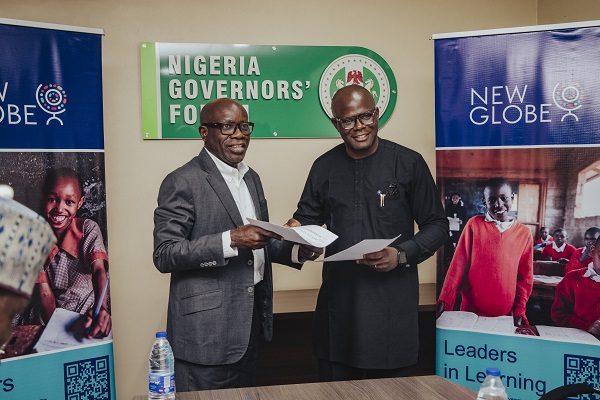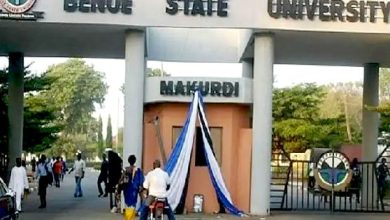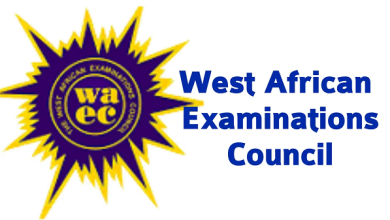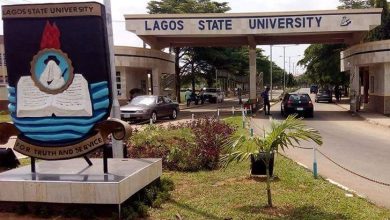NewGlobe and NGF Lead National Push to Tackle Learning Crisis in Nigerian States
NewGlobe and the Governors Forum met in Abuja to tackle Nigeria’s growing education crisis.
They discussed solutions for out-of-school children and improving basic reading skills nationwide.
In a significant step toward reversing Nigeria’s deepening basic education crisis, NewGlobe and the Nigeria Governors’ Forum (NGF) co-hosted a State-Level Workshop on Foundational Learning and Out-of-School Children in Abuja, bringing together top education policymakers from across the country.

With over 10 million Nigerian children out of school, the highest globally, according to UNICEF, and three in four unable to read a simple passage by age 10, the dialogue underscored the urgent need for systemic reforms in foundational education.
NewGlobe, a leading education technology partner in Africa, is working closely with state governments to transform public education using a data-driven, tech-enabled model. The company’s Vice President for Policy and Partnerships, Ifeyinwa Ugochukwu, stressed the gravity of the challenge:
“If we do not act quickly and deliberately, we will be too late for millions of children. The evidence is clear: foundational learning outcomes can be transformed at scale with the right tools, training, and data.”
NewGlobe’s model, already implemented in Lagos (EKOEXCEL), Kwara (KwaraLEARN), Bayelsa (BayelsaPRIME), Jigawa (JigawaUNITE), and Edo, delivers structured lesson guides, real-time coaching, and performance dashboards. Results have been striking:
- In Bayelsa, literacy rose by 20 percentage points in 19 weeks
- Kwara cut foundational learning gaps by half in under two years
- Lagos now has one of the lowest learning deprivation rates in the country
UBEC Executive Secretary Aisha Garba urged a united national approach:
“We are here to work for one client, the Nigerian child. Let’s align and respond to real needs, not just check boxes.”
Governor AbdulRahman AbdulRazaq of Kwara, speaking through NGF advisor Leo The Great, emphasized that “access does not equal learning”, calling for visibility into what happens in classrooms daily.



